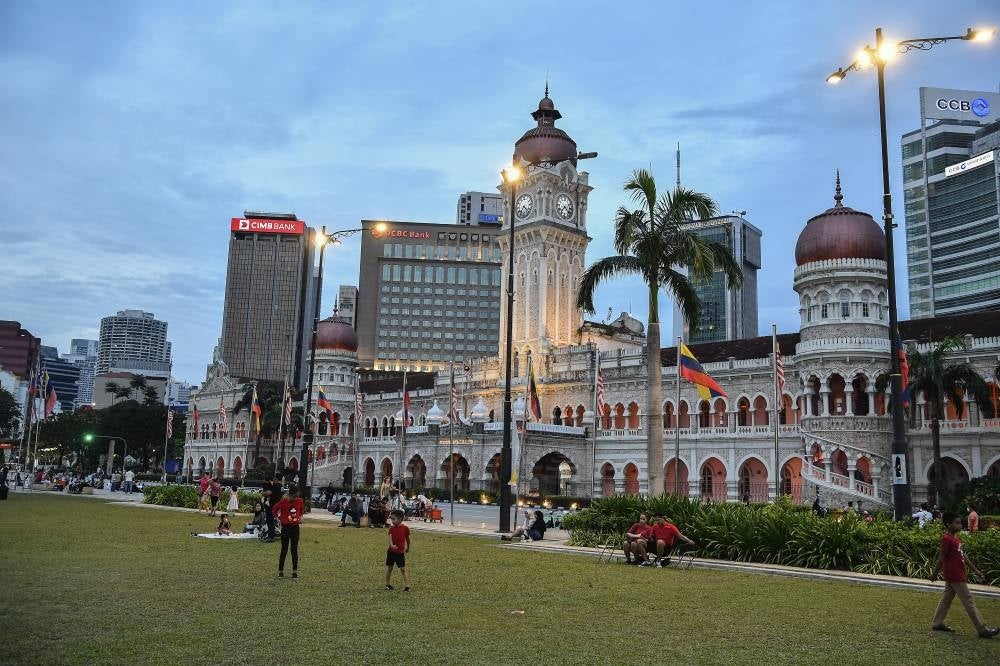Foreign dignitaries's visits sign of Malaysia's political stability - Analysts

KUALA LUMPUR - The coming visits of several top foreign leaders to Malaysia are a clear sign of their confidence in the country’s political stability, said Professor Dr Azmi Hassan.
The Nusantara Academy of Strategic Research geostrategist and senior fellow said no countries would want to explore investment potential or forge cooperation with another country whose political situation is not stable.
"This means they are confident with the stability of our Unity Government. That is why we can see that the main agenda for the Philippine President’s (Ferdinand Romualdez Marcos Jr) visit tomorrow is economy and trade.
"They have confidence (to invest) ... creating opportunities for bilateral investment cooperation which will benefit both parties, like enabling Malaysia to increase the inflow of FDI (foreign direct investment),” he said when contacted by Bernama today.
He believed that the visit of Marcos Jr, from July 25 to 27, would also be used to discuss Asean geopolitical matters and the Code of Conduct in the South China Sea.
Azmi said the visit of Timor-Leste President Dr José Ramos-Horta to Malaysia at the end of the month could be taken as an indicator that other countries have a high regard for Malaysia’s role and influence in Asean.
"They (Timor-Leste) know we wield strong influence in Asean. So I believe part of the agenda for their attendance is to get Kuala Lumpur’s support and influence to help the country become Asean’s 11th member, as their application will be assessed this year.
"The visit of Hong Kong’s chief executive (John Lee Ka-chiu), in my view, will revolve 100 per cent around the economic agenda, especially concerning health and medical tourism, without any discussions on geopolitical affairs,” he said.
Meanwhile, Universiti Sains Malaysia political sociology lecturer Dr Sivamurugan Pandian said the confidence manifested by the foreign leaders’ trips to Malaysia was closely linked to the standing of the nation’s top leaders.
He said they chose Malaysia not only because of their confidence in the country’s stability but also their deep respect for its federal leaders.
"This is a good sign, as apart from enhancing bilateral ties with these countries, it will create vast opportunities for strengthening cooperation among ministries, agencies and businesses.
"This will facilitate bilateral diplomatic works on all fronts, leading to constructive talks on arising issues and win-win solutions which can boost bilateral and multilateral cooperation in the post-pandemic period,"
he added. - BERNAMA














